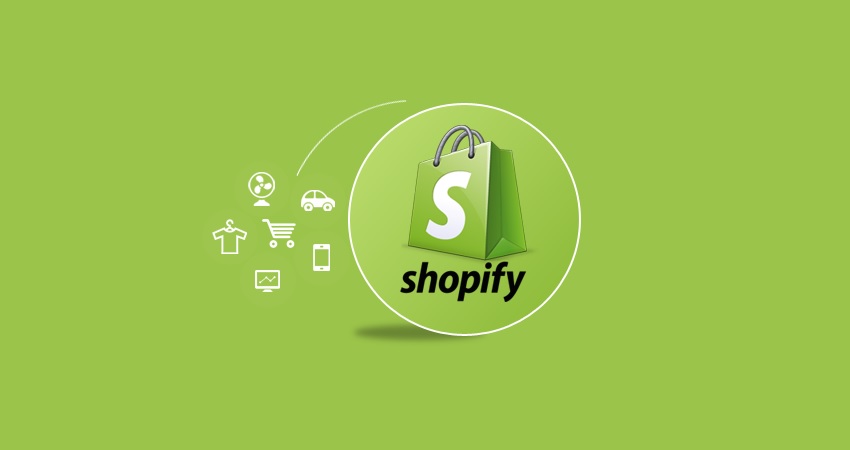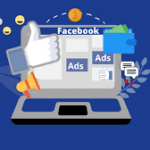Shopify – 7 Best Ways to Elevate Your Online Business
Courtesy of Shopify!
E-commerce is rising. Among the most well known online business platforms are Shopify and WooCommerce. Did you know? Over 1 million businesses are registered with Shopify, and over 175 countries! That’s simply because Shopify integrates everything necessary for your business onto one platform, from marketing and design to analytics.
There’s no doubt that Shopify is one of the best e-commerce platforms. The store builder allows small to medium entrepreneurs to market their products online to the whole world. In this article, we are going to share some Shopify-inspired tips on how to create a well-run online store.
#1 Increase Your SEO ranking in Shopify
No matter how appealing your Shopify store looks, your potential customers won’t be able to discover it until you apply some SEO genius to boost your store’s ranking. For example, the optimization of your meta description is very important—Try to keep your well-written and engaging meta description under 150 characters. Another factor that influences search engine ranking is speed—You can always use free tools like Google Page Speed tool to track your website’s speed performance. Note that large files also slow your site down, which means you’d want to compress images to PNG before uploading them onto your website.
# 2 Use Social Media to Drive Sales in Shopify
When you connect Shopify and Facebook to each other, what you’ll get is details relevant to grow your business, such as the target audience for your ad campaign. Essentially, Facebook will copy a list of the audience which has the same characteristics with your existing audience, then show them the product that they may be interested in. And with Facebook Pixel, an analytics tool, you will be able to evaluate the impact of your ads and understand end-user behavior, enabling you to potential customers more precisely. At the end of the day, it’s about showing your ads to the right people. Instagram, another very good social media platform, has a higher engagement rate than Facebook. Its features can help drive in sales if you engage with your audience creatively.
#3 Don’t Forget to Blog
Although blogging is not about hard-selling your products, blogging, the act of publishing content that is practical and beneficial to readers, helps generate more leads to your website in the long run. That’s why it’s a good idea to post content at least once a week. Adding high-resolution images and videos will also increase visibility as today’s users love graphics, especially graphics in motion!
#4 Up-sell Your Products
Recommending similar products to shoppers when they add a product to their carts is a great way to increase sales. There is a term for this: Up-selling. Up-selling may take the form of pop-ups showing quantity discounts, bundle purchase prices, or recommendations for an additional gift option. Using the tag feature is also a form of up-selling: Tags save users’ time by doing the hard work of searching and filtering desired products, leaving users to do the simple work of deciding between recommended items.
#5 Be Mobile Friendly
Shopify makes it easy to design a website. All you really have to do is drag and drop your website into a mobile-friendly one. To get started, make sure your website’s mobile view header is fixed, the call to action button is clear and easy to spot, and the images are hi-resolution. Optimizing your website to tailor to the different screen ratios of mobile devices and limiting the word count also make your website mobile friendly.
#6 Get Products Reviews for Social Proof
Social proof will increase the trustworthiness of your e-commerce platform and business. Even the tiniest validation can generate leads. Therefore, encourage customers to leave ratings or reviews on your website. Just like in real life, a new customer who has not yet bought from your store will try out your products when they find out about the product from someone real. Without a doubt, customer reviews are more persuasive compared to self-descriptions by business owners.
#7 Track Performance with Analytics
When launching any marketing campaign, you need to use analytics to track and understand customer preferences and consumer behavior (if you want to improve your future marketing strategies and campaigns, that is). Money should be spent on the appropriate campaigns so that you achieve a high conversion rate, which means analytics = everything.
Shopify’s advice for online business success isn’t necessarily a one-step process but is straightforward and simple. If all this still puzzles you, ask us at no cost.




